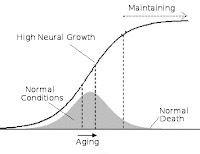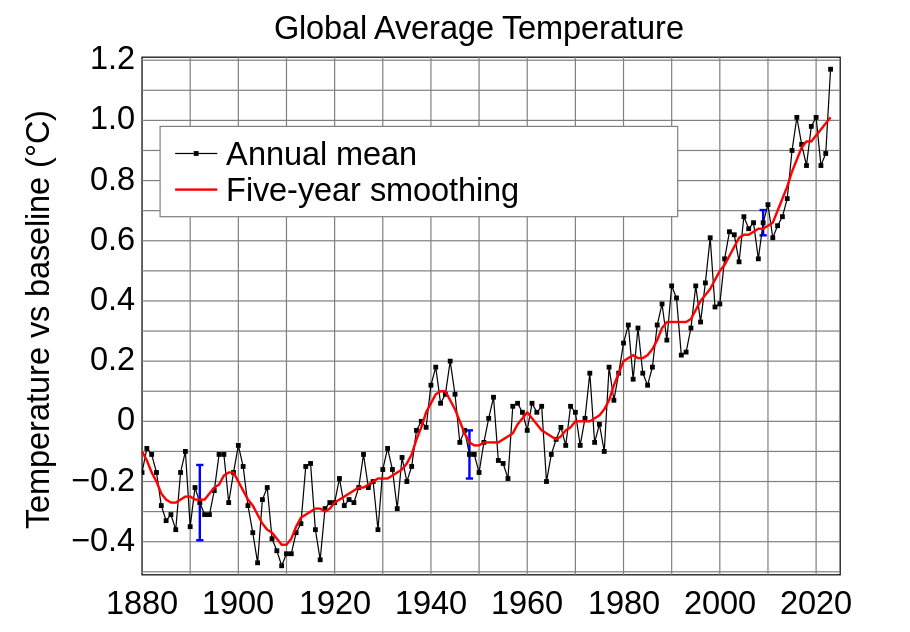Neuroregeneration refers to the regrowth or repair of nervous tissues, cells or cell products. Such mechanisms may include generation of new neurons, glia, axons, myelin, or synapses. Neuroregeneration differs between the peripheral nervous system (PNS) and the central nervous system (CNS) by the functional mechanisms and especially the extent and speed. When an axon is damaged, the distal segment undergoes Wallerian degeneration, losing its myelin sheath. The proximal segment can either die by apoptosis or undergo the chromatolytic reaction, which is an attempt at repair. In the CNS, synaptic stripping occurs as glial foot processes invade the dead synapse.
Nervous system injuries affect over 90,000 people every year. It is estimated that spinal cord injuries alone affect 10,000 each year. As a result of this high incidence of neurological injuries, nerve regeneration and repair, a subfield of neural tissue engineering, is becoming a rapidly growing field dedicated to the discovery of new ways to recover nerve functionality after injury. A longer definition comes from Wikipedia.
- Video: Neuroregeneration
- The Neuroregeneration Program at Johns Hopkins’ Institute for Cell Engineering
- Neurology - Nerve Damage and Regeneration
- WMIF 2015 | Regeneration, Cell Therapy, and Neurocare: Products? Delivery?
- Helping the Body Regrow Nerves - Science Nation
- Nerve Regeneration - Everything You Need To Know - Dr. Nabil Ebraheim
- Paving the Path for Nerve Regeneration
- Project 71 - Microstructure Imaging of Nerve Regeneration Network
- KUSI Interview with Dr. Justin Brown, MD Neurosurgeon on Nerve Regeneration Breakthrough
- Stem Cells and Neuroregeneration
- Weekly Columnists
- Musing: Clue to Brain Regeneration Discovered in Lab Mice
- Sunday Stroke Survival: An Another Six Million Dollar Word and Stroke Recovery
- Caregiver: Time for a Change
- Jester: A Nun at Hooters
- TED Talks - James Vetch: This is What Happens when you Reply to Spam Email
- Rick Mercer Report: St. Lawrence Market & Cut in Half
- Laid-Back Admin: Comparison of Web Browsers
Saturday News | Future Topic
--------------+---------------------------------------------
--------------+---------------------------------------------
Feb/27/2016 | Webcomics
Feb/23/2016 | Spasticity
Feb/13/2016 | Learning Disability
Feb/06/2016 | Reading Comprehension
Feb/23/2016 | Spasticity
Feb/13/2016 | Learning Disability
Feb/06/2016 | Reading Comprehension












































